Q&A with a CIO: How health IT leaders decide which technology to buy
Tips for vetting IT vendors and proving the value of a technology before cutting the check.
When a healthcare provider buys new technology, it isn't just the bottom line that's at stake, it's the health and safety of patients. We sat down with longtime healthcare CIO Drex DeFord to ask how healthcare CIOs should vet IT vendors and test out new IT products before buying.
Drex is an independent consultant with a long career as a healthcare executive, including his experience as Co-Founder and CEO of Next Wave Connect; EVP and CIO at Steward Healthcare in Boston; SVP and CIO at Seattle Children's Health System and Research Institute; and Corporate VP and CIO at Scripps Health in San Diego. Prior to that, he spent 20 years in the US Air Force, where he served as a regional CIO, a medical center CIO, and Chief Technology Officer for the USAF Health System's World-Wide Operations.
All this to say, Drex knows a lot about making high-stakes healthcare IT decisions. Here's how he does it.
Q: As a longtime CIO, what factors do you consider when deciding which vendors to partner with?
Drex: If I was going to give a CIO advice about a new purchase, there are a lot of things I would tell them, beginning with an RFI or RFP. Most likely, every responder is going to say they can do everything you want. Obviously, that can't really be true, so the real challenge is going through the individual submissions – the individual product or service offerings -- and taking time to understand a vendor's REAL capabilities. The best way to do this: talk to your peers. Rarely will you be the first organization trying to solve a specific problem. One of your peers likely has some of the battle scars you want to avoid. You know people across the industry, so use your network. Ask questions, get opinions and references – not only on the vendors, but the best ways to solve the problem your facing. That's probably some of the most valuable information you'll get. Once you've narrowed down to a few highly-recommended vendors, consider doing on-site tests of their products (proof-of-concept), before the final decision – that's invaluable. Invite them in and have them set up shop and install their product in a pilot program, so you can really see if they do what they say they do. You'll find out a lot about the company this way -- how they react, how they support you when things aren't going right, and how they recover when they have problems. Because all vendors will falter at some point.
Q:Let's talk a bit about vendor failure. Should CIO's expect it and, if so, what makes someone in your position willing to accept it?
Drex:This might be the biggest difference between a "vendor" and a true "partner." When there's a problem, and something isn't working right – a software update that creates more bugs than it intended to solve, or an unexpected hardware failure – that's the real test of your decision to buy. As CIO's, we certainly can't expect everyone to be perfect. But we should expect what we expect of ourselves—when we fall down, we dust ourselves off, and we get back in the game -- fast. A vendors ability to "get back in the game" is a key part of the buying decision – the on-going relationship part – and it's the kind of stuff you should talk to your peers about during the evaluation process. Failure is an experience you're going to have with every vendor. When things go wrong, the real "partners" demonstrate their ability to be quick, calm, thoughtful problem-owners, driven first to solve the immediate problem, so you're back on-line, and patients and families aren't at risk; and second, discovering why the problem happened, and demonstrating the ability keep it from ever happening again. If you've found hardware, software, and/or service suppliers committed to that approach, I think it's one of the most important buying factors. And it definitely makes a difference when a CIO is thinking about renewing or expanding a vendor/partner relationship.
Q: You have a very strong philosophy on healthcare IT leadership. How has ExtraHop helped to bolster or realize that philosophy?
Drex: I've lead teams in nearly every type of major health system "types" (government, not-for-profit IDN, specialty/pediatrics, academic medical center, and a for-profit IDN) as a top corporate executive. My teams have heard me say this over and over again: "Everything is connected to everything else." It's a simple concept, but often overlooked. Information Services (IS) teams regularly work in silos: the business applications group, the clinical applications group, the business intelligence team, the network crew, etc. But nowdays it's critical to understand how everything connects to everything else. Because today, the "connections" go far beyond IS. They extend to the doctors, nurses, lab tech, pharmacists and, most importantly, the patients and their families. They even extend outside our organization, to the patient's home, to cloud providers, and to other health systems, clinic offices, payers, and government. I think it's really important that people in healthcare IS understand that they, too, are providers of care, and that the true customers are the patients and families. ExtraHop helped me, and my team, "see" what was happening between all those technical silos. It helped me build a culture that broke down the silos and brought teams together to focus their efforts on troubleshooting, optimizing, and securing everything we did. That's a big deal to me, and that's why I like what Extrahop brings to the table.


















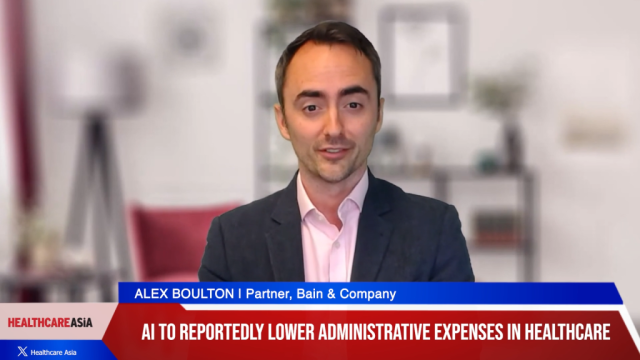
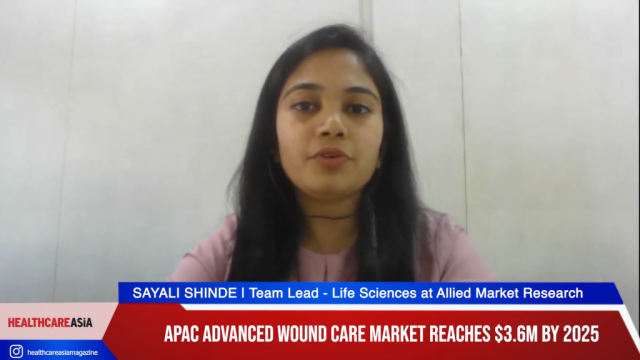
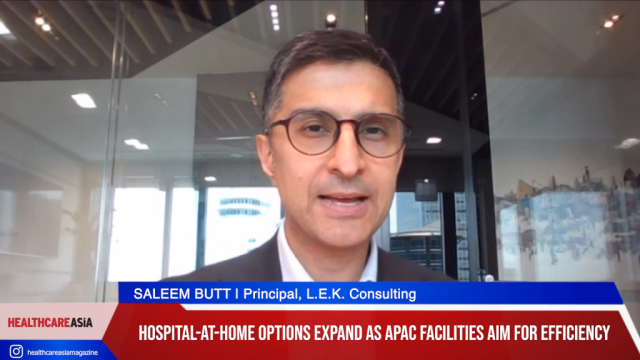
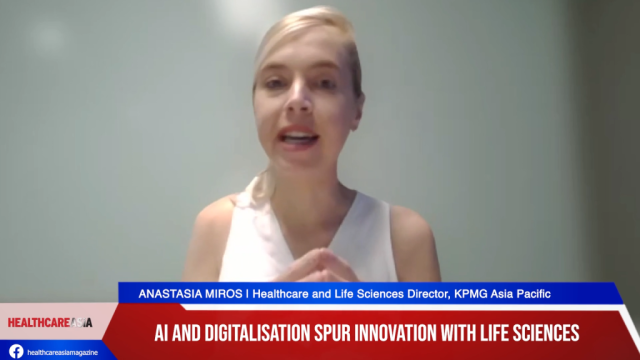
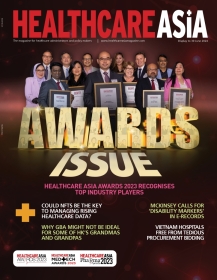
 Advertise
Advertise







